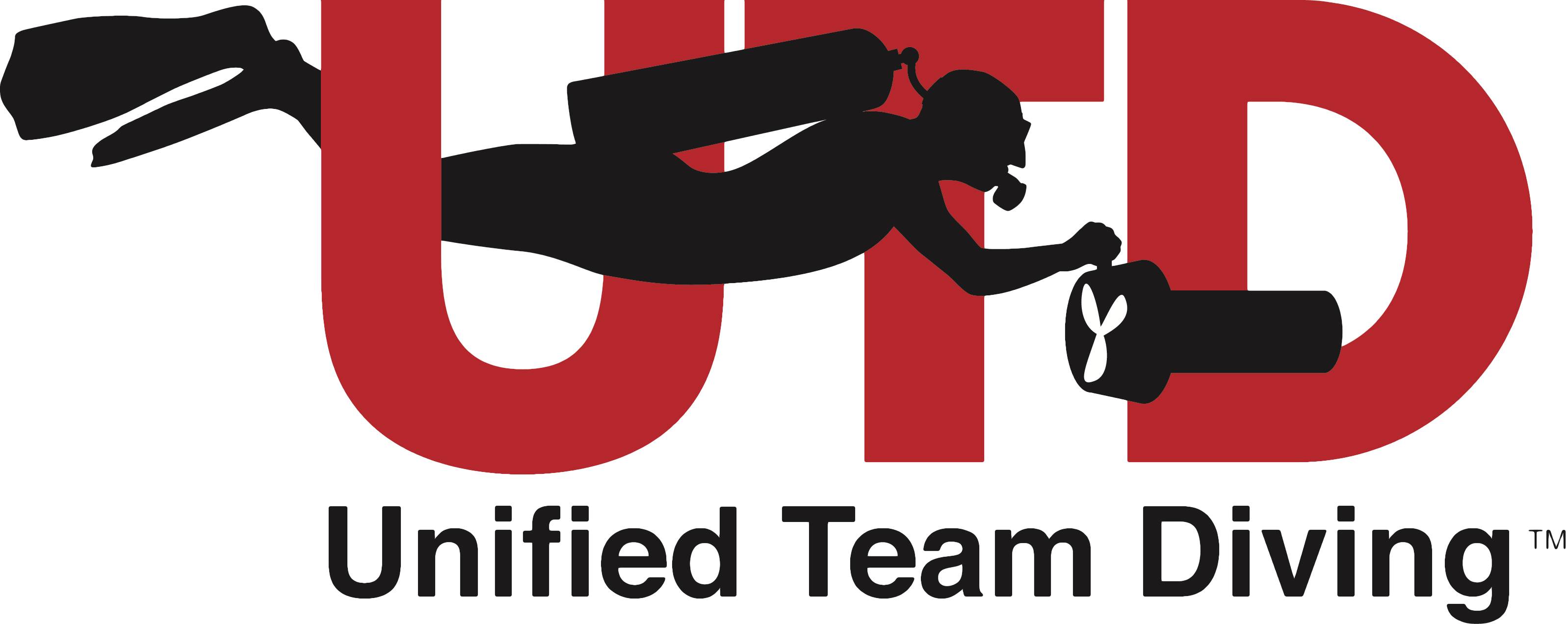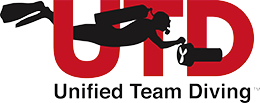As of 12 May 2020
This document will outline recommendations while conducting UTD Scuba Diving training during the 2020 Covid-19 pandemic. THESE ARE NON-BINDING RECOMMENDATIONS ONLY. We expect that each instructor, student, and client will do their own research and make their own personal safety decisions based on local regulations and common sense. Please do not engage in any training activity unless everyone involved knows and accepts the risks.
- Abide by local laws and regulations.
- Assess and discuss the risks in all stages of training – classroom, dry runs, confined water, open water, post-dive review.
- When possible, conduct classroom training via web conference.
- Maintain social distancing during all live contact as per local regulations.
- Encourage all students and divers (and instructors) to manage, label, and isolate their own dive equipment.
- Encourage students and divers to engage in training and diving with a teammate they can share gas with i.e. a spouse, partner, family member, etc.
- Except as noted in paragraph 6 above, simulate all air shares during training, both on dry land and in the water.
a. OOG diver signals “Out of Gas,” removes long hose regulator.
b. Donor presents their long hose regulator, receiver accepts it with their left hand but inserts and breathes THEIR OWN necklace regulator with their right hand.
c. Receiver clips off their long hose regulator as in normal procedures continuing to breathe their own necklace while holding the donated regulator in their left hand. Receiver DOES NOT CLIP OFF the donor’s long hose.
d. Continue until exit strategy is established and/or the drill ends.
e. On cleanup, the OOG diver unclips and switches to their own long hose and returns the donated long hose to the donor.
f. All other procedures – team positioning and awareness, travel to exit, and ascents all remain as in standard training. - In a true, in-water, out of gas emergency the instructor will donate as in normal circumstances and complete the dive as in any emergency. At no point will the instructor or donor return to the donated regulator unless the donor is a teammate as mentioned above in paragraph 6 and that team has agreed to perform normal air sharing procedures. Consider all donated regulators contaminated.
- Post-dive, clean all regulators, masks and snorkels using the same accepted procedures as when sterilizing the loop of a rebreather.
- Always use common sense. Rules, regulations, and recommendations are changing daily. Always err on the side of caution.
- If you have any questions, please contact us at info@utdscubadiving.com.

